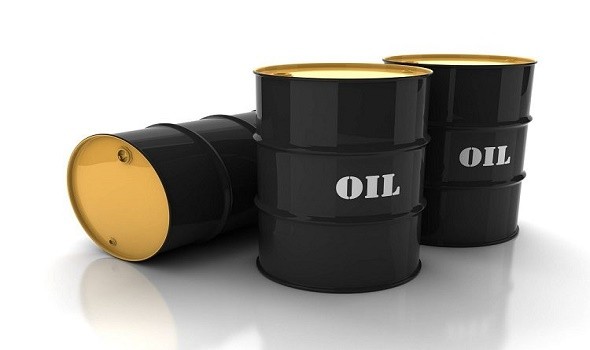
Russian gas company Gazprom said pipelines continue to pump gas west, despite concerns that Russian gas shipments to Europe could be halted amid a stalemate due to European sanctions and claims to be exempted from payment in rubles.
Gazprom spokesman Sergey Kupriyanov said in statements carried by the Russian news agency Interfax that 104.4 million cubic meters of gas had been pumped to Europe. This is the maximum daily amount that the current contracts allow.
This means that gas is still flowing through Ukrainian territory, despite the Russian invasion of the country that began last February due to Russian allegations of genocide against the Russians in the country.
It also means that shipments will continue, despite the Kremlin’s threats to halt the flow if gas payments are not made in rubles. Western sanctions resulting from the invasion hurt the Russian economy and caused the ruble to lose value. Forcing companies to pay in rubles will help strengthen the Russian currency.
But the West opposed the request. A new proposal allowing rubles to be paid in the Bank of Russia entered into force on Friday, but it is unclear whether it was Western buyers who opened such accounts.
Later, the Russian energy giant Gazprom announced that it would abandon its German subsidiary, Gazprom Germania, which surprised analysts. “Gazprom Group has terminated its stake in Gazprom Germania LLC and all of its assets, including Gazprom Marketing and Trade,” the Russian giant announced via Telegram on Friday, March 31.
The group did not provide further details. Gazprom Germany has not yet commented on the matter. It is not yet clear if this will affect the German market.
It should be noted that “Gazprom Germania” – according to its data – is a 100% subsidiary of the Russian energy group Gazprom.
Germany’s Gazprom, in turn, owns other companies in the German gas sector, including the gas trading company “Fingaz” and the gas storage company “Astra”, as well as a minority stake in the gas transport company Gazcade.
Meanwhile, the International Energy Agency said it will release crude oil reserves for the second time to ease the market fallout from Russia’s war on Ukraine.
The agency said representatives of 31 IAEA member states acknowledged this at an emergency meeting in Paris on Friday. The agency will announce the amount of crude oil that will be withdrawn early this week.
Initially, the agency released 62.7 million barrels of crude a month ago. The total stockpiles of the member countries of the Agency are 1.5 billion barrels.
The agency said that major disruptions in Russian oil production could lead to an emergency in global oil supplies. The global oil market remains under pressure, which leads to increased price volatility. The IEA Board of Directors recommends that governments and consumers intensify their efforts to conserve energy.
Russian production of oil and gas condensate fell to 11.01 million barrels per day in March from an average of 11.08 million barrels per day in February. Two sources and Refinitiv Eikon data, according to Reuters, said production fell on March 31 to 10.6 million barrels per day, the lowest daily level since September 2021.
The decline in Russian oil production coincides with the disruption of the country’s exports of oil and products, with European customers reluctance to do business with the country due to Western sanctions.
Russian oil production is declining as the OPEC+ agreement allows the country to increase production per month. Urals oil loading from Russia’s Baltic ports was 5 percent lower than expected in March due to shipment cancellations. India became one of the major buyers of Russian oil after Western sanctions.
You may also be interested in:
Algeria is at the top of the proposed alternatives to compensate for Europe’s need for Russian gas
Alexander Novak explains the advantages of Russian gas over Americans and Australians


“Hipster-friendly coffee fanatic. Subtly charming bacon advocate. Friend of animals everywhere.”





More Stories
F-16 crashes in Ukraine – pilot dies due to his own error
Namibia plans to kill more than 700 wild animals to feed starving population
Endurance test for EU-Turkey relations and Ankara with Greece and Cyprus